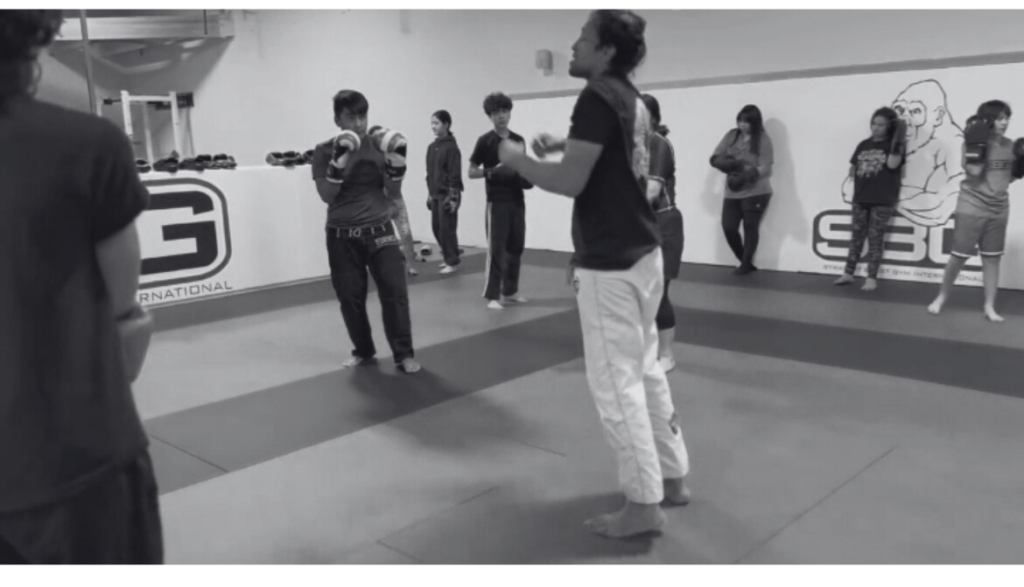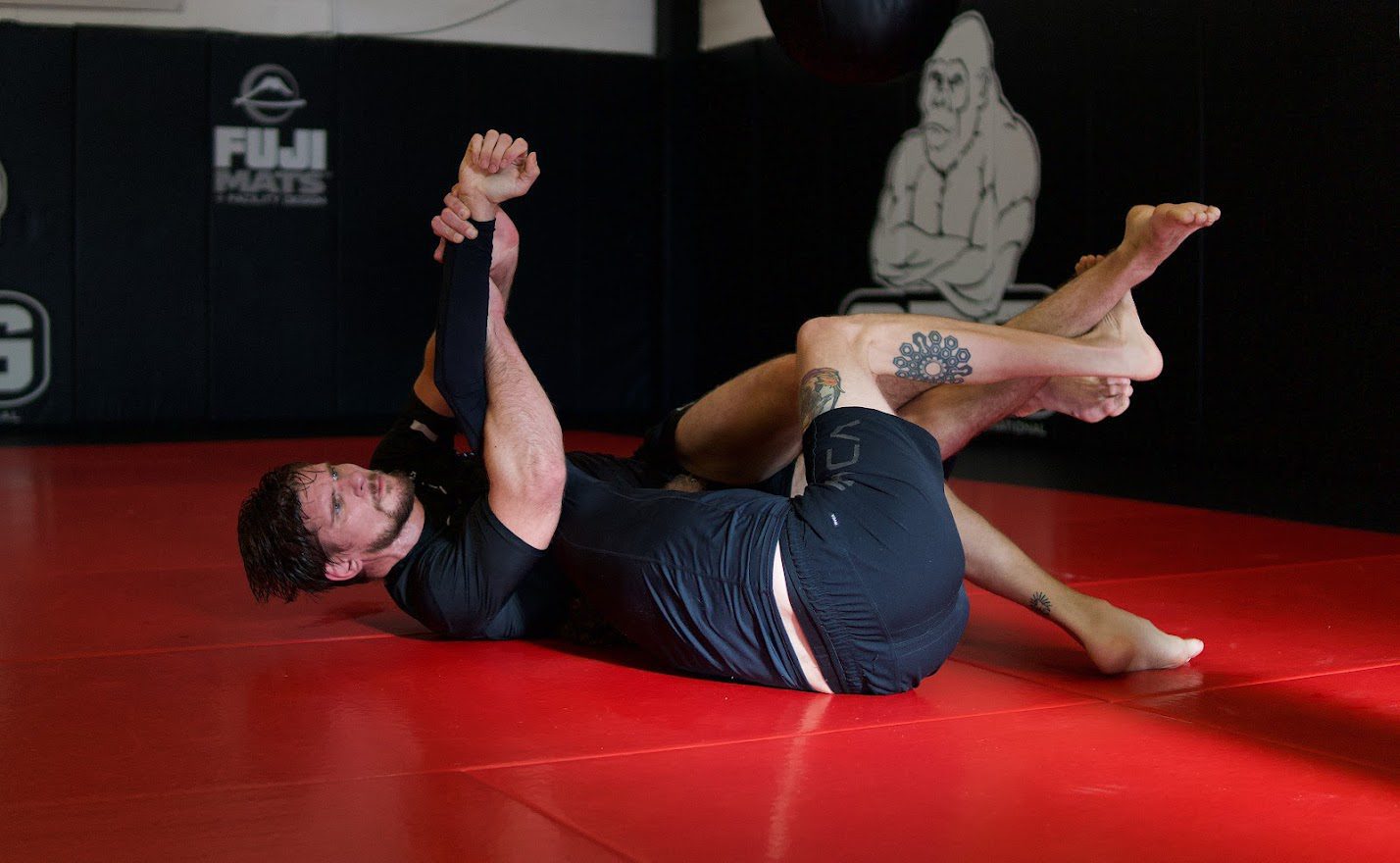
In today’s fast-paced world, teenagers face a myriad of challenges, from academic pressures to social dynamics and personal development. Martial arts training offers a unique and holistic approach to addressing these challenges, empowering teens with valuable skills, confidence, and resilience. In this article, we delve into the numerous benefits of martial arts training for teenagers, highlighting how it promotes physical fitness, mental well-being, and personal growth.
Physical Fitness and Health:
In an age where sedentary lifestyles and screen time dominate, martial arts provides a refreshing outlet for physical activity and fitness. Through a combination of dynamic movements, strength training, and cardiovascular conditioning, teens engage in a full-body workout that enhances their strength, flexibility, and endurance. Regular martial arts practice promotes healthy habits and active lifestyles, reducing the risk of obesity, diabetes, and other lifestyle-related diseases.
Discipline and Focus:
Martial arts training instills essential life skills such as discipline, focus, and self-control—qualities that are invaluable for teenagers navigating the challenges of adolescence. By adhering to a structured training regimen, teens learn the importance of consistency, perseverance, and goal-setting. The mental discipline cultivated through martial arts practice carries over into other areas of life, including academics, relationships, and personal endeavors.
Confidence and Self-Esteem:
For many teenagers, self-confidence and self-esteem can be elusive qualities. Martial arts training provides a supportive and empowering environment where teens can build confidence and belief in their abilities. As they progress through the ranks, achieve milestones, and overcome challenges, teens develop a sense of accomplishment and pride in their achievements. The mastery of martial arts techniques and the ability to defend oneself instills a newfound sense of self-assurance and assertiveness.
Stress Relief and Emotional Well-Being:
The teenage years can be emotionally turbulent, marked by hormonal changes, peer pressure, and academic stress. Martial arts training offers a healthy outlet for teens to release pent-up energy, frustration, and anxiety. The physical exertion and mental focus required during training promote relaxation, mindfulness, and stress relief. Additionally, the camaraderie and support of fellow martial artists create a sense of belonging and connection, reducing feelings of isolation and loneliness.
Conflict Resolution and Respect:
In martial arts, respect for oneself and others is fundamental. Teens learn to treat their training partners and instructors with respect, humility, and empathy. Through the practice of controlled sparring and self-defense techniques, teens develop conflict resolution skills and learn to diffuse potentially volatile situations without resorting to violence. The emphasis on mutual respect and sportsmanship fosters a culture of inclusivity, tolerance, and respect for diversity.
Conclusion:
In conclusion, martial arts training offers a wealth of benefits for teenagers, encompassing physical fitness, mental well-being, and personal development. By engaging in regular martial arts practice, teens enhance their physical health, cultivate discipline and focus, boost their confidence and self-esteem, relieve stress, and learn valuable life skills such as conflict resolution and respect. Whether pursuing martial arts as a hobby or a competitive endeavor, teenagers can reap the rewards of this ancient discipline and emerge as stronger, more resilient individuals ready to face the challenges of adolescence and beyond.


